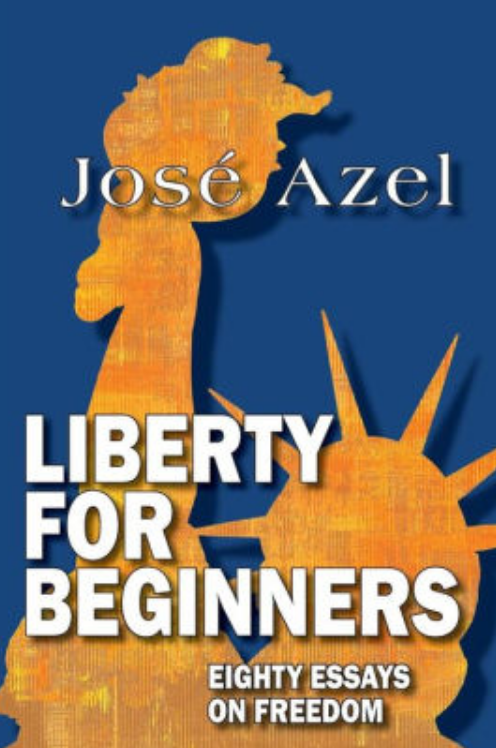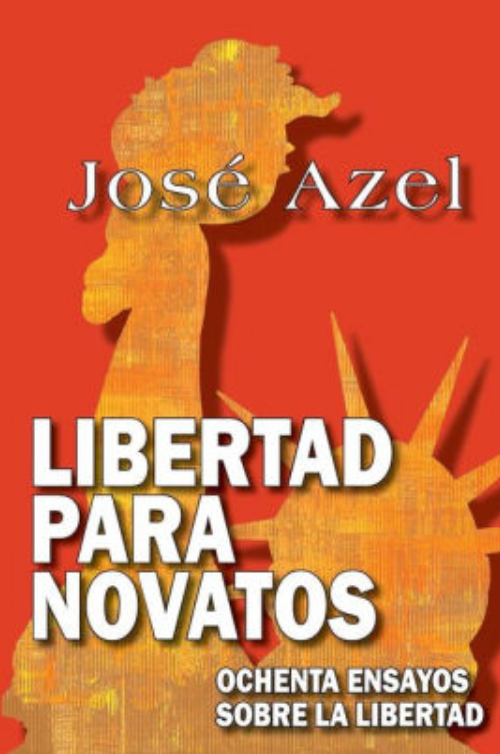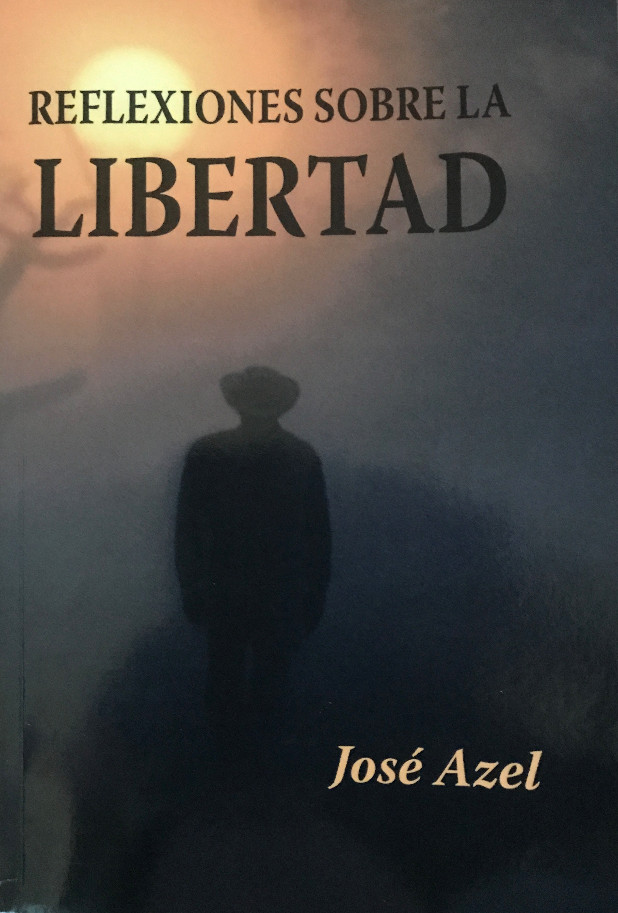| In the Americas, we take birthright citizenship for granted. But in fact, the right to citizenship of anyone born in the territory of a state is rare. Currently, only some thirty countries in the world offer jus soli (right of the soil) citizenship. In the rest of the world, citizenship is passed by descent based on the principle of jus sanguinis (right of blood), which means having at least one parent who is a citizen of that country. |
|
In Europe, Asia, Africa, and Oceania, all nations grant citizenship on some form of jus sanguinis protocols. In patriarchal societies the child’s citizenship may be determined through the father; in matriarchal societies through the mother; and some countries may require both parents to be citizens. For most of the world, where you were born is not the deciding factor for citizenship.
Not only is birthright citizenship rare, it is also in decline. In recent years some countries have been transitioning from jus soli to jus sanguinis citizenship. Malta, India, New Zealand, Australia, France, and Ireland have all transitioned to jus sanguinis citizenship. It is not clear why the only countries granting birthright citizenship are in the Americas. But in 2013, the Dominican Republic changed the country’s jus soli laws retroactively, stripping some 200,000 Dominicans of Haitian descent of their Dominican citizenship.
Currently, the United States offers citizenship on both principles of jus soli and jus sanguinis, and also by naturalization. The Framers of the U.S. Constitution did not define national citizenship. Therefore, in the United States, birthright citizenship stems from the Citizenship Clause of the Fourteenth Amendment to the Constitution, which states: “All persons born or naturalized in the United States, and subject to the jurisdiction thereof, are citizens of the United States and of the State wherein they reside.”
Historically, this wording was used to override the 1857 Court decision (Dred Scott v. Sanford) that “African Americans were not citizens of the United States…” And, although Supreme Court cases have essentially affirmed U.S. birthright citizenship, neither the Supreme Court nor Congress has clarified whether the Fourteenth Amendment language applies to the U.S.- born children of parents illegally in the country. The often cited 1898 Court decision in United States v. Wong Kim Ark, stands only for the narrow proposition that the U.S.-born children of lawful permanent resident aliens are U.S. ctizens. It does not address the issue of U.S.-born children of non-lawful residents. Thus, the issue remains an open question.
The numbers are alarming. The Pew Research Center estimates that 7.5 percent of all births in the United States -about 300,000 births per year- are to unauthorized immigrants. Pew also calculates that there are 4.5 million children who were born to unauthorized immigrants that received citizenship by virtue of having been born in the United States. Given the magnitude of the problem, and the fact that most countries in the world have rejected birthright citizenship, it may be a policy worth revisiting.
A main argument against automatic birthright citizenship is that, the granting country gives up its sovereign right to decide who can become citizen. Birthright citizenship disempowers the existing citizenship.
A just government relies on a social contract freely entered into by free citizens. Thus, the scope and authority of that social contract extends only to those citizens that have agreed to be bound by the provisions of the contract. This is the essence of citizenship. So, as the argument goes, a social contract where anyone can join in defiance of the community of existing members is no social contract at all. Birthright citizenship is inherently self-contradictory.
Ultimately, states will develop practical citizenship policies to accommodate their changing economic and security needs. Consider Vatican City, where neither jus soli or jus sanguinis applies. The only way to obtain Vatican City citizenship is to work for the Holy See, or by special Papal dispensation. The Vatican argues vehemently for the rights of immigrants, but ironically, it is the only place in the world where one can become a citizen only at the pleasure of its Head of State.
Please let us know if you  this article. this article. |
|
We welcome your feedback.
Abrazos,
Lily & José
(click on the name to email Lily or Jose) |
|
|
|
|










No comments:
Post a Comment